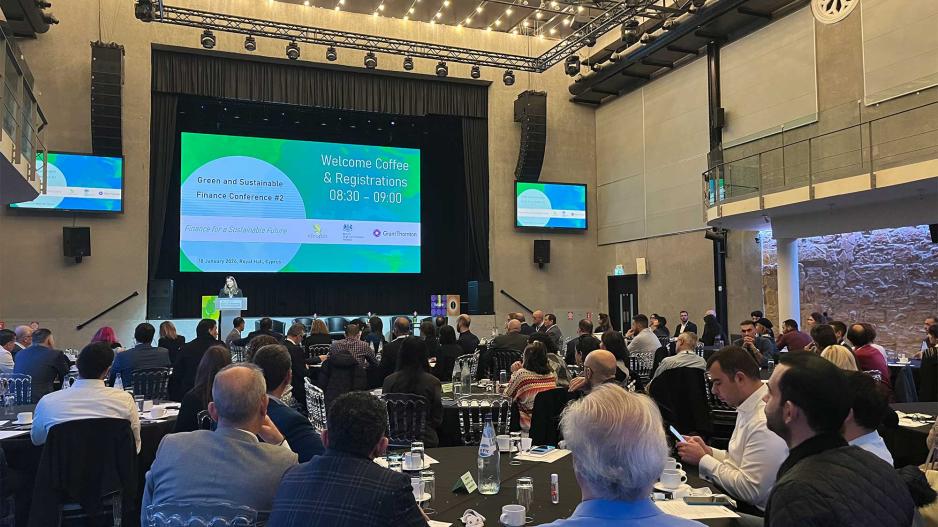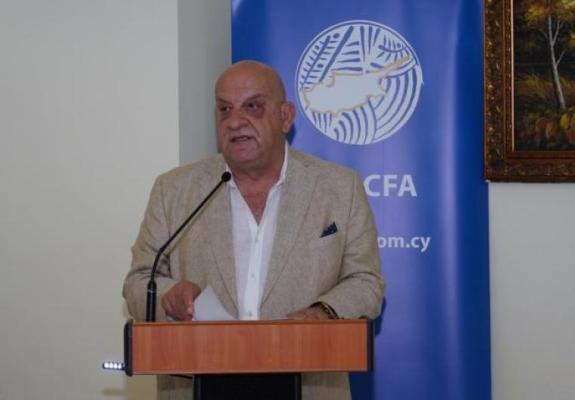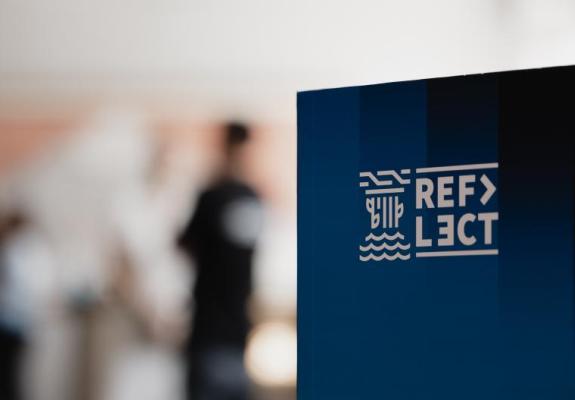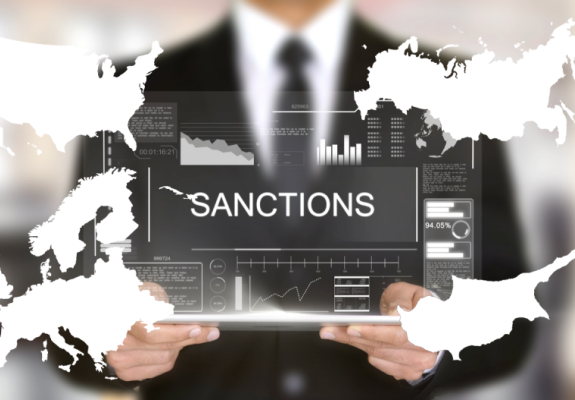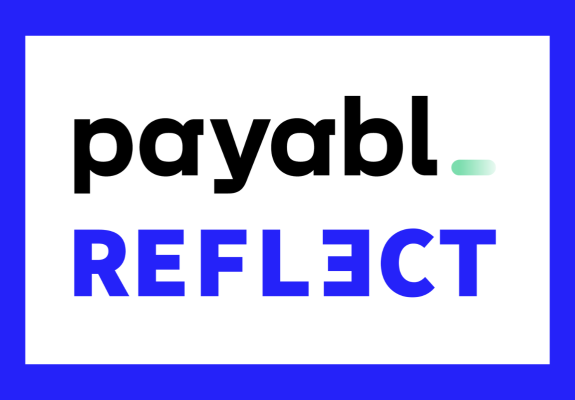Green and Sustainable Finance Conference #2: The Transition to a Carbon-Neutral Economy
An Initiative of ideopsis Ltd and Grant Thornton (Cyprus) Ltd, Supported by the British High Commission in Nicosia
On 18 January 2024, the "Green and Sustainable Finance Conference #2" was held in Nicosia, which was organised for the second consecutive year. It is an initiative of ideopsis Ltd and Grant Thornton (Cyprus) Ltd, supported by the British High Commission in Nicosia.
The Conference, with the central theme of the transition to a carbon neutral, green and sustainable economy, hosted distinguished speakers from Cyprus and abroad, with expertise and specialized knowledge in the relevant subject of their intervention. Speakers at the conference came from academia, representatives of the European Commission, senior government officials, representatives of the private sector and investors and the banking sector. The Conference was divided into two major sessions, "Raising ambition while addressing policy effectiveness" and "Green Economy Transformation Strategies/Green Bonds", during which the speakers shared their knowledge, exchanged views and engaged in a constructive dialogue with the attendees.
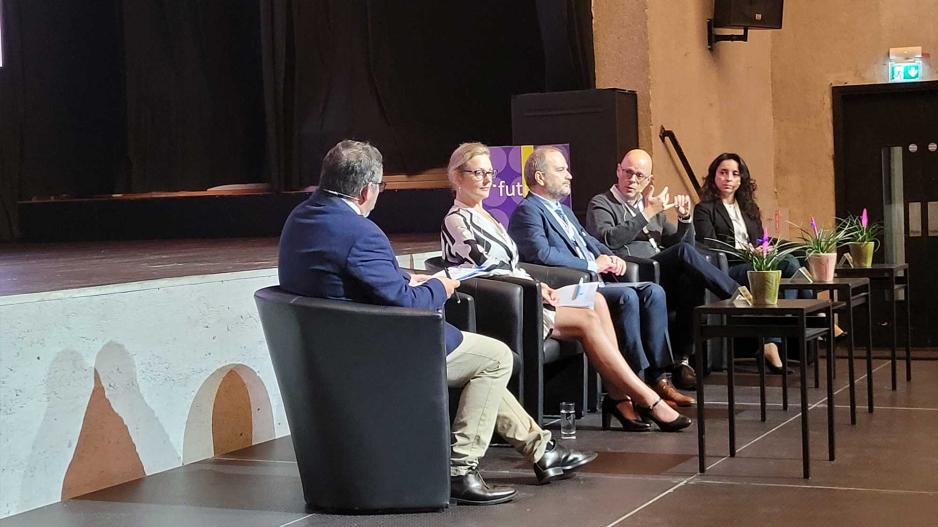
In the first half of the conference, the need to develop, adopt and effectively implement policies that will strengthen a global response to climate change in the context of sustainable development was highlighted. The need to increase the number of complementary/ alternative regulatory arrangements and approaches, beyond existing European policies, that could mobilise capital for green projects was noted. Useful information was provided on the European Union's Taxonomy Regulation and how it supports the transformation of the European Economy. The European Commission's Sustainable Finance Strategy is in line with the European Green Deal. The two are interlinked, as achieving the objectives of the Green Deal requires large financial flows to sustainable investments, for the development of green projects and technologies that have a low carbon footprint and do not degrade the natural environment (e.g. renewable energy projects, alternative fuels, etc.). The sustainable finance system in the EU will continue to evolve and adapt to ensure a smoother transition with the best possible conditions for both investors and the economy.
The transition to a green and sustainable economy is a process that takes time, a journey towards sustainability that requires readiness, cooperation and alignment of effort by all stakeholders towards their common goal.
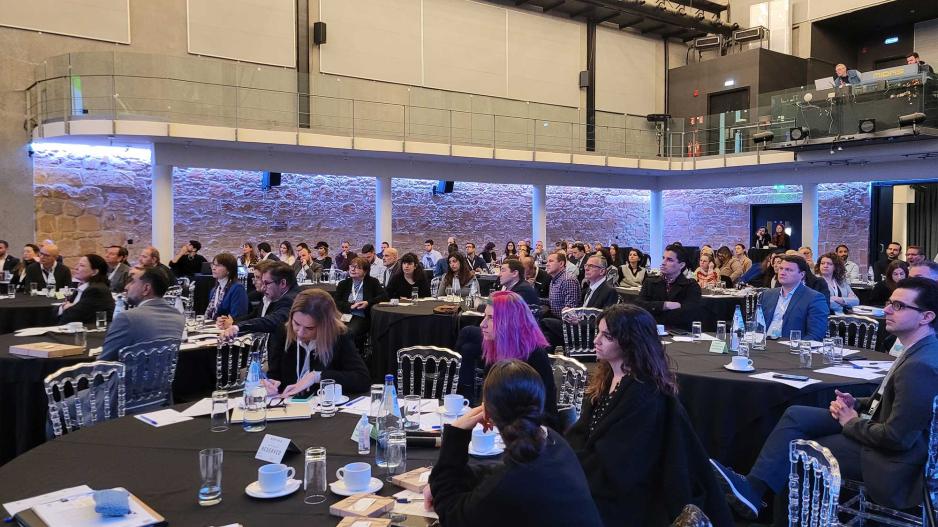
The second half of the conference focused on "Green Economy Transformation Strategies / Green Bonds", where more practical issues of green economy transformation strategies were addressed. Green bonds are a financing instrument for projects aimed at improving environmental performance and supporting the green economy.
Financial institutions play an important role in supporting the transformation towards a greener economy. The role of key stakeholders was highlighted, as well as the challenges faced by private investors in lending for green projects. The key features of a credible transition were highlighted and in particular the importance of using quantified indicators as a benchmark towards this transition. The financial sector worldwide needs to adopt new economic models in order to defeat climate change and environmental degradation. The overall objective is to ensure economic growth and business recovery, while taking into account environmental, social and governance (ESG) aspects. All of the above was framed within an epigraphic analysis of the regulatory framework.
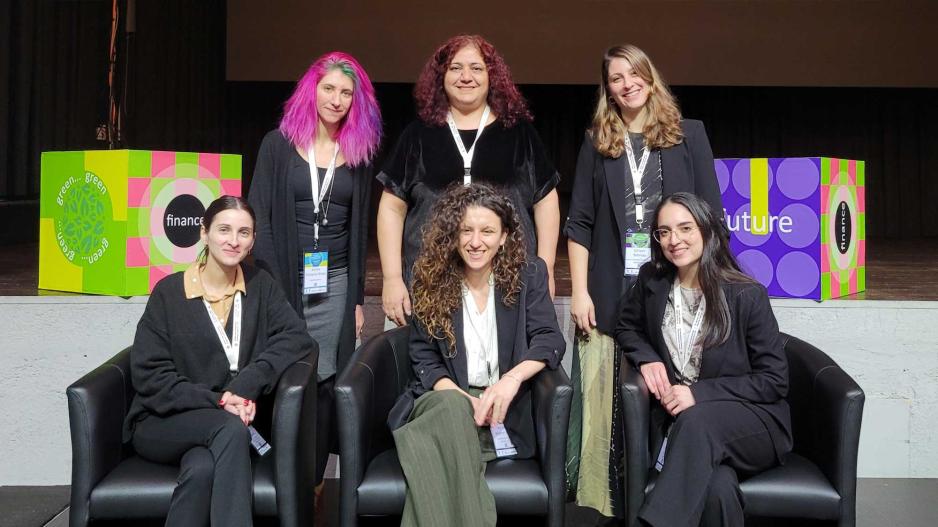
The Green and Sustainable Finance #2 Conference managed to host senior decision makers and policy makers from the public and private sectors, as well as academics and other experts from various sectors, especially from the banking sector and investors. The main objective of the Conference, which was to provide an opportunity for participants to gain further and deeper insight into sustainable finance issues, to exchange knowledge and to discuss the challenging short-term outlook, was successfully achieved.
